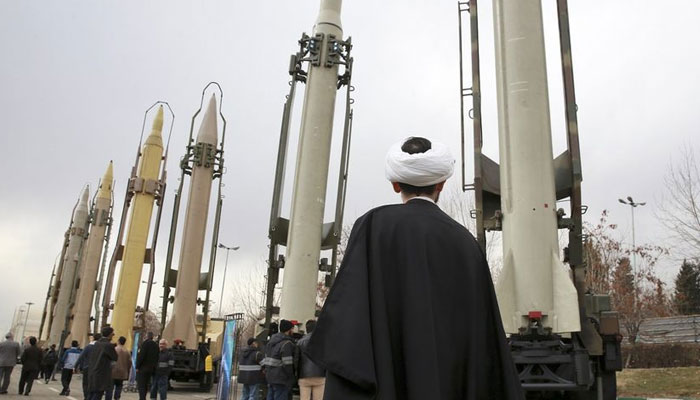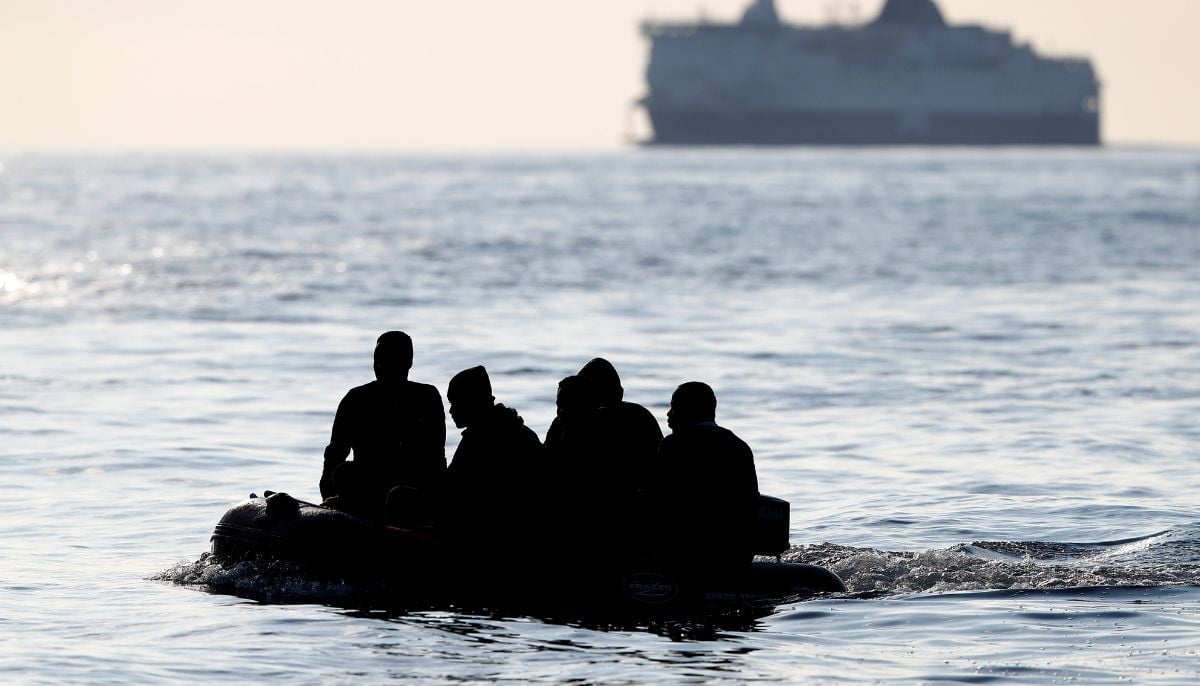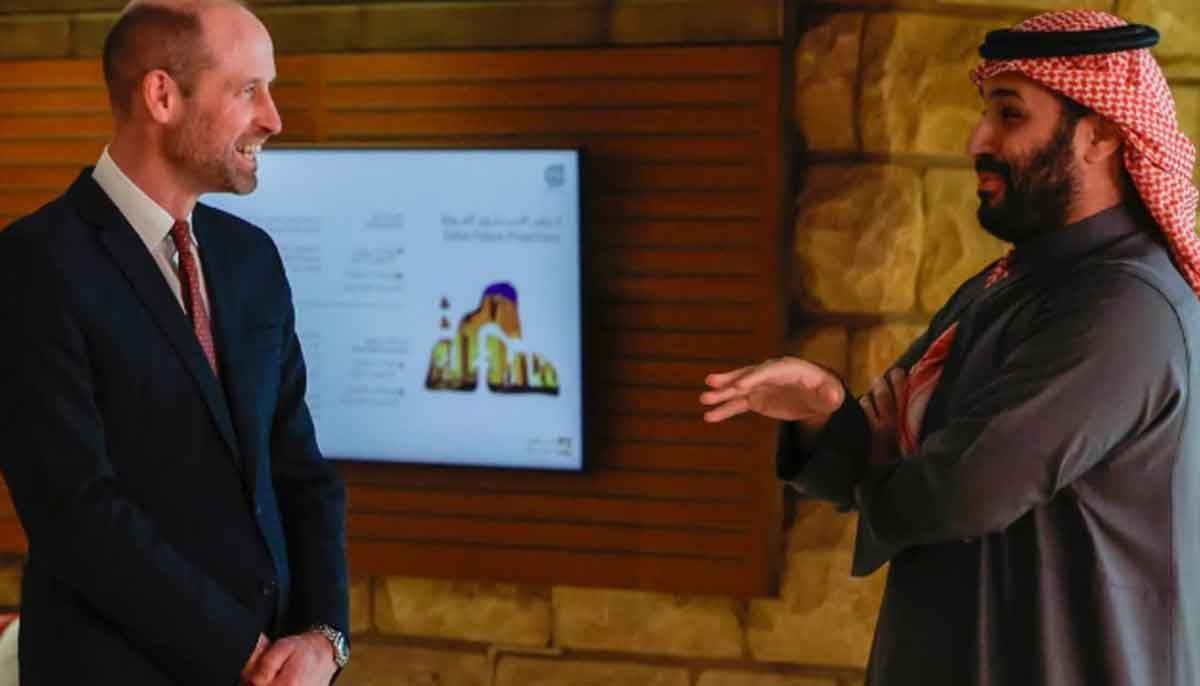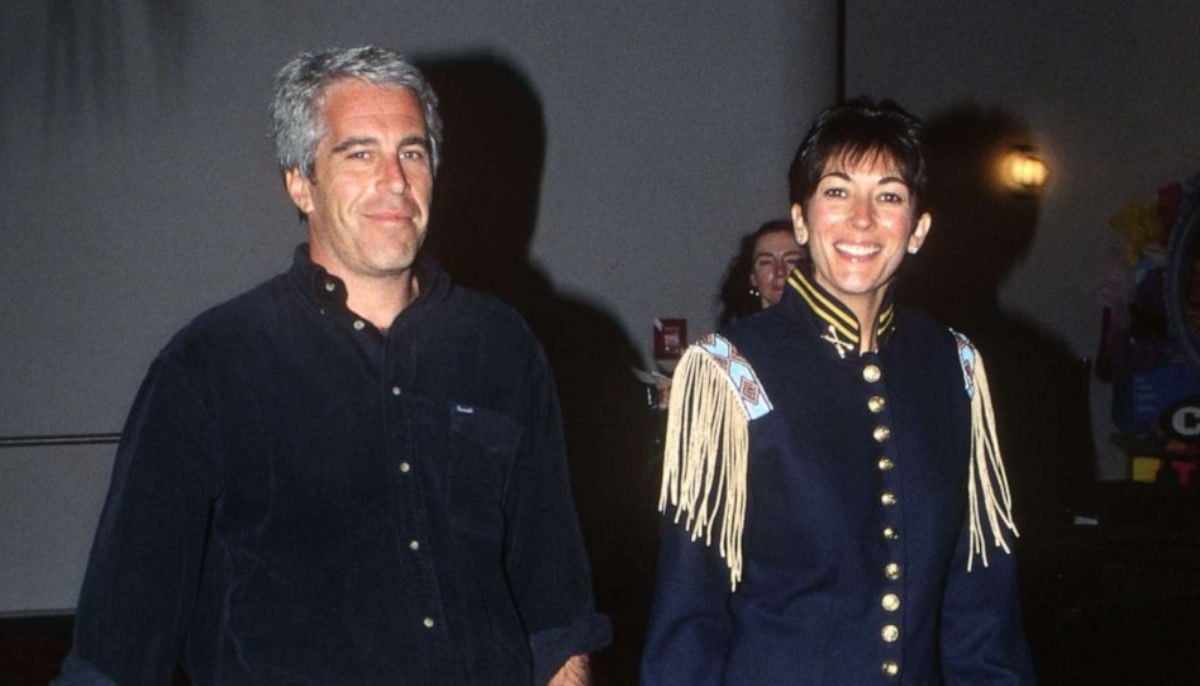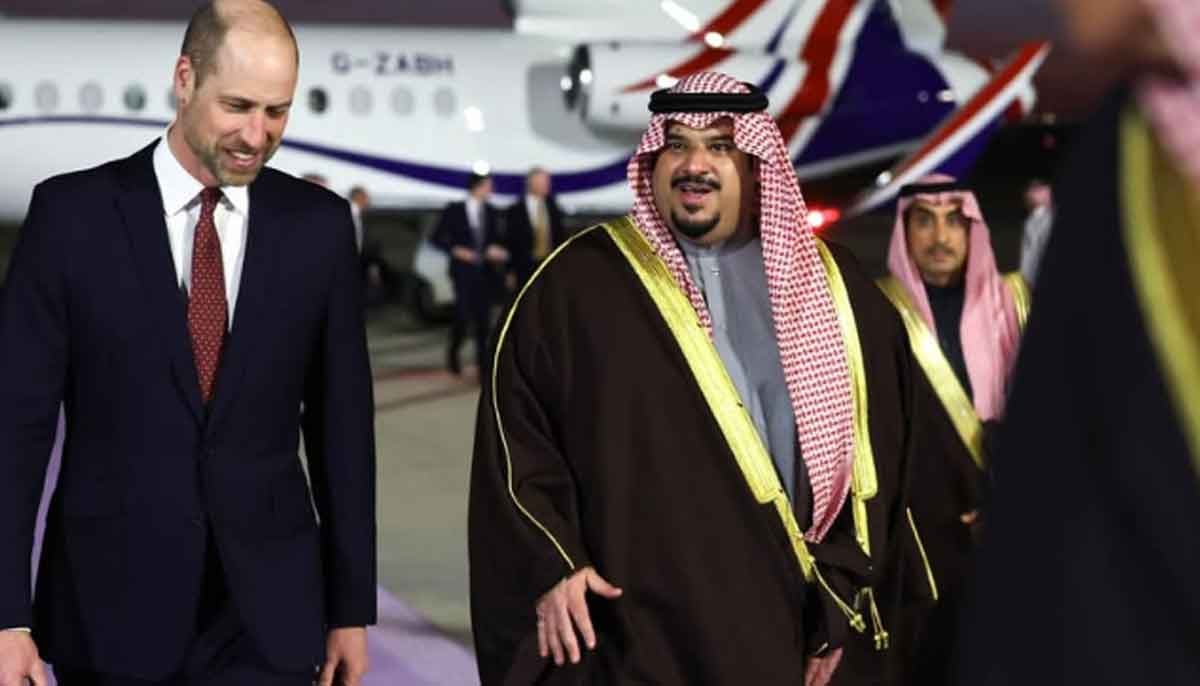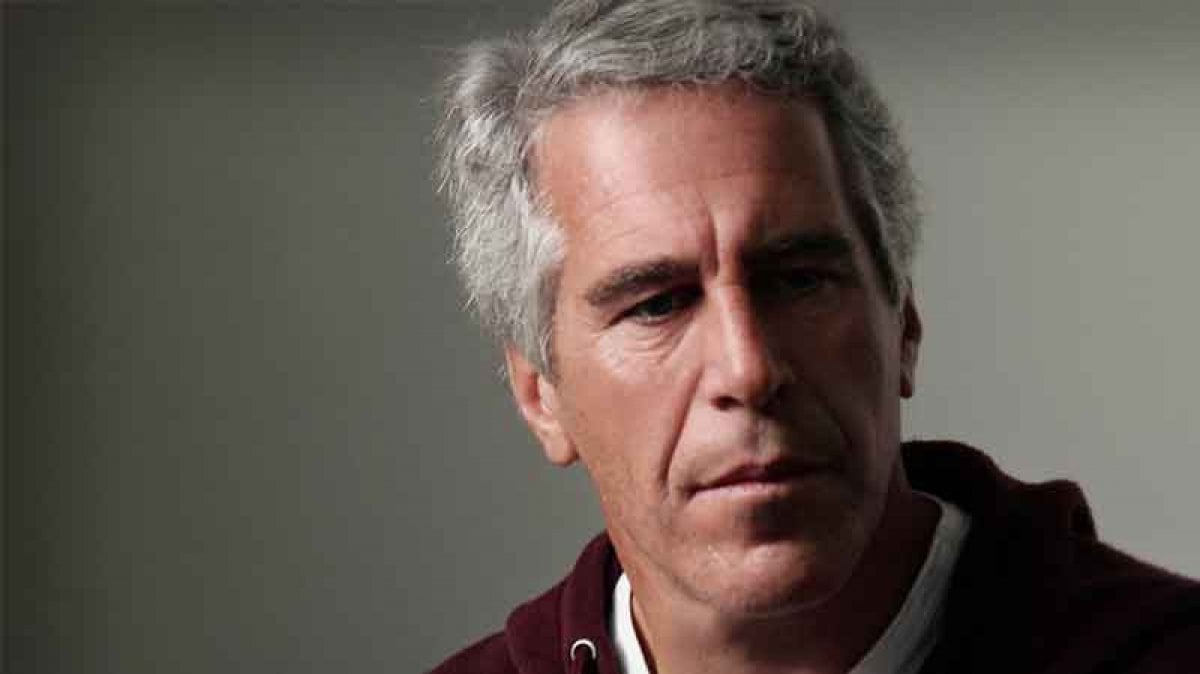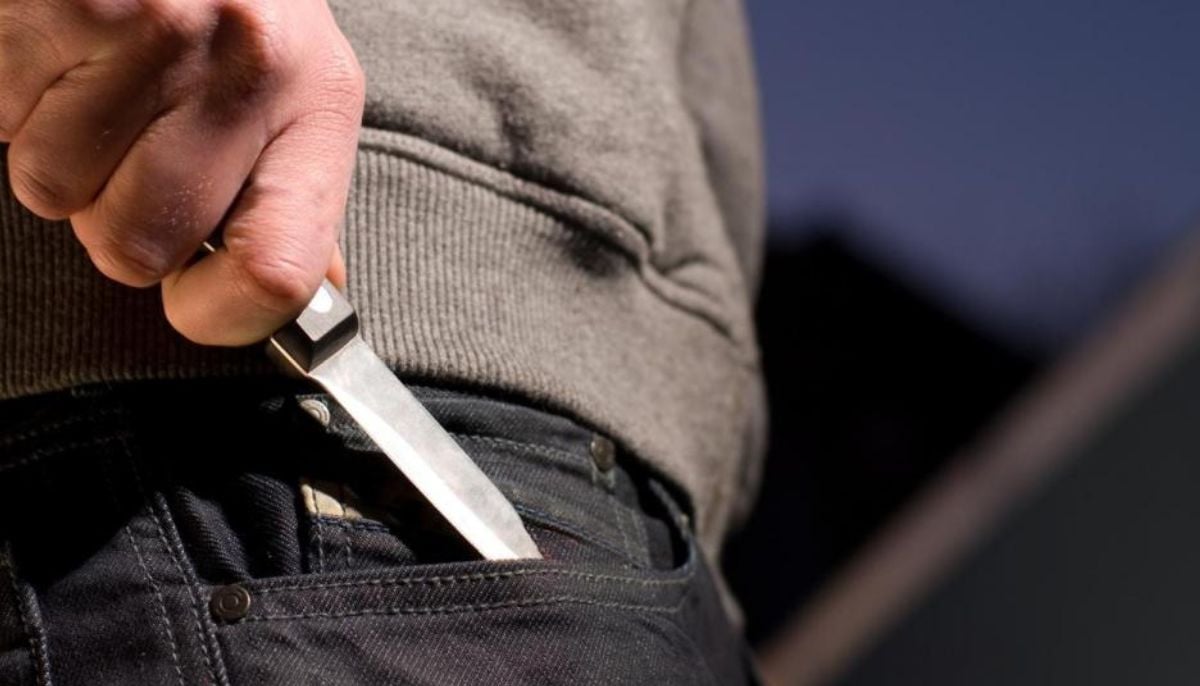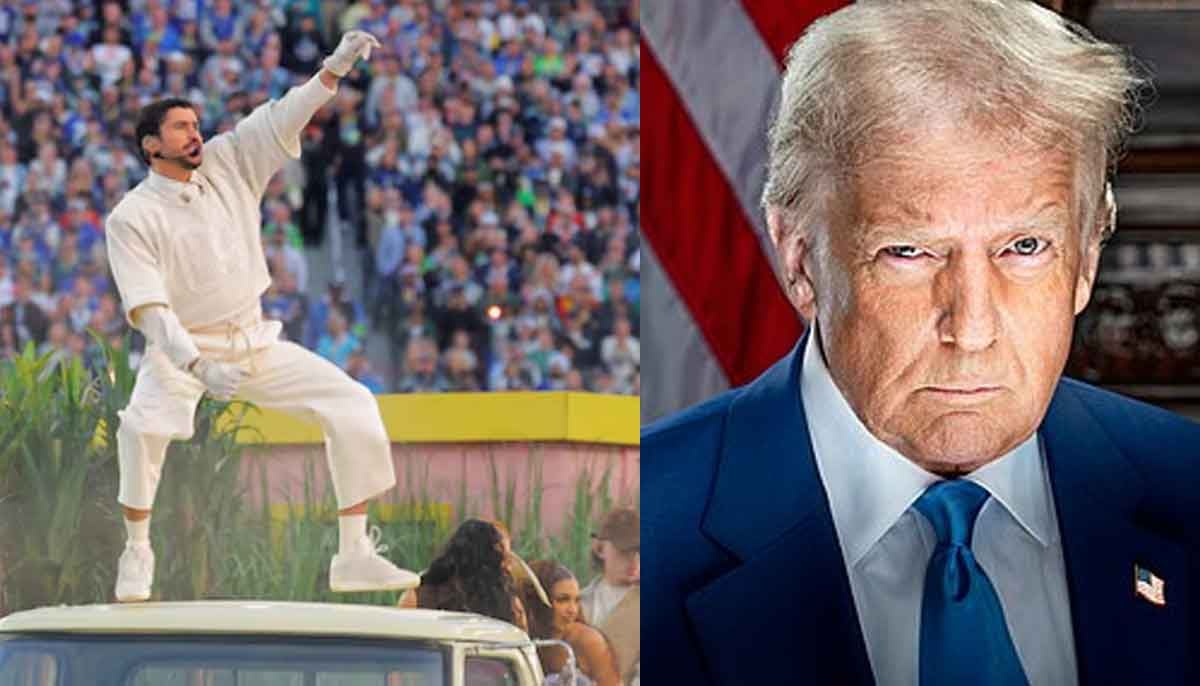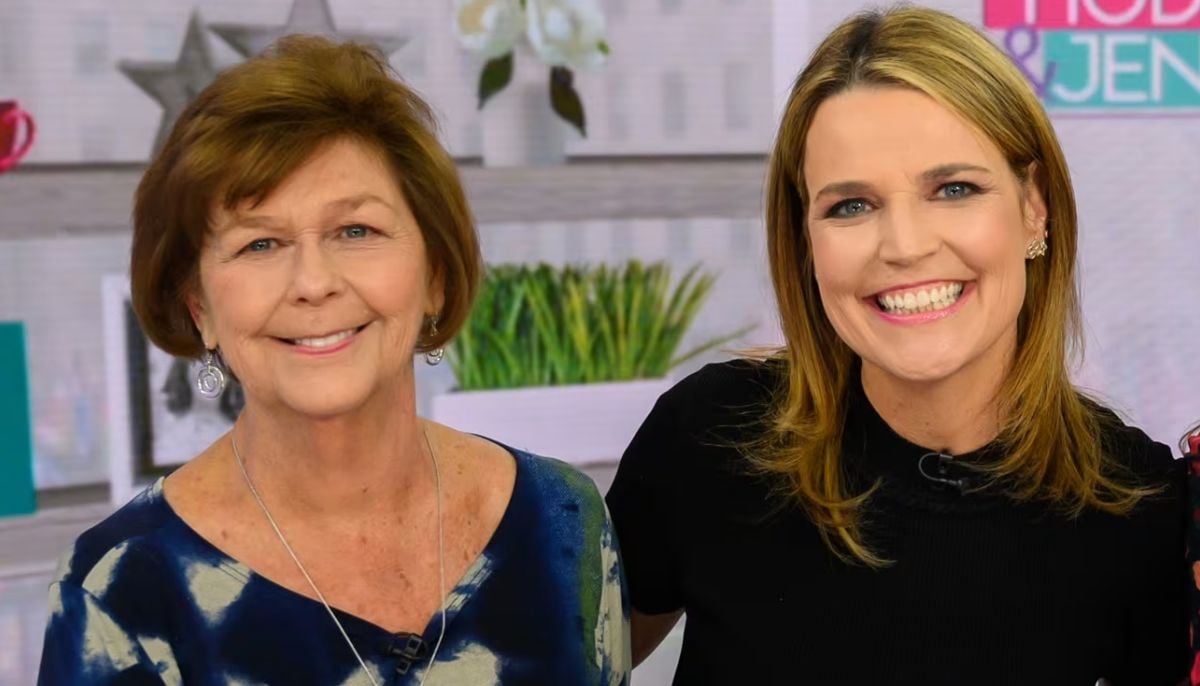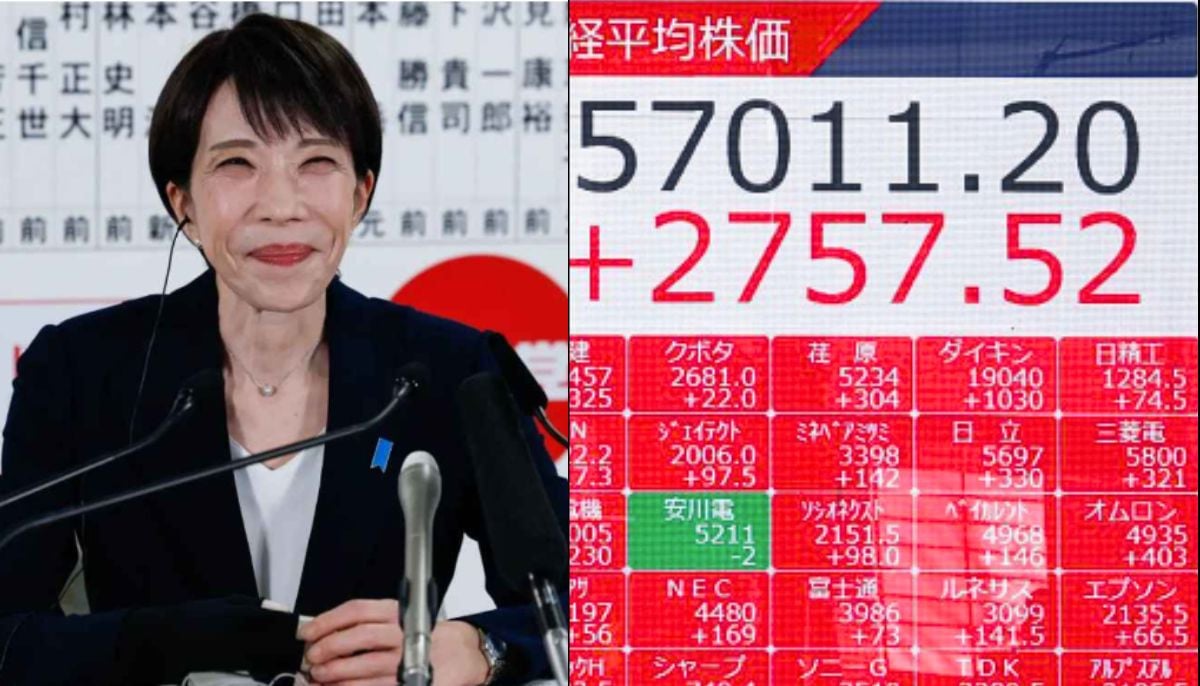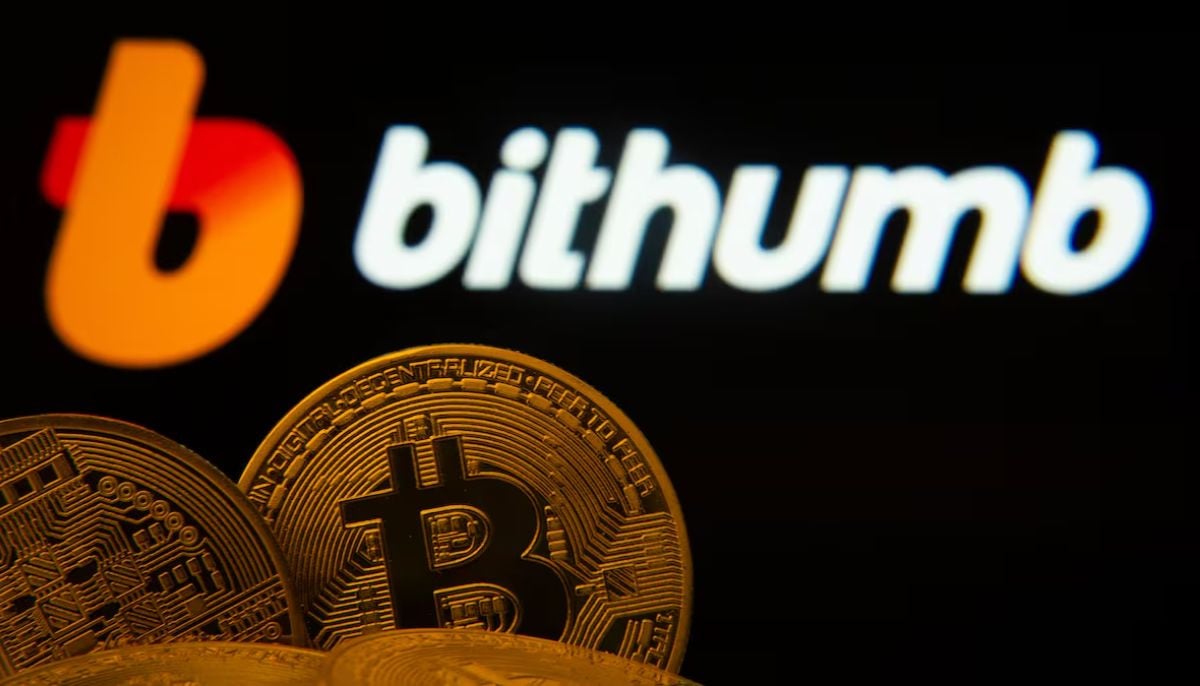Iran working on nuclear-capable missiles: European powers
UN ambassadors for the three countries said in the letter to UN Secretary General Antonio Guterres that Iran´s actions were "inconsistent" with the UN resolution enshrining a 2015 nuclear deal with Iran.
BERLIN: Britain, France and Germany have accused Iran of developing nuclear-capable ballistic missiles in a letter dismissed by Iranian Foreign Minister Javad Zarif on Thursday as "a desperate falsehood".
UN ambassadors for the three countries said in the letter to UN Secretary General Antonio Guterres that Iran´s actions were "inconsistent" with the UN resolution enshrining a 2015 nuclear deal with Iran.
But Zarif on Twitter said the Europeans were covering up their own "miserable incompetence" at abiding by the nuclear deal and were "bowing to US bullying".
The letter referred to footage shared on social media in April this year of the test flight of a new Shabab-3 medium range ballistic missile variant that was "technically capable of delivering a nuclear weapon".
The European powers also pointed to three other launches this year, including that of the Borkan-3, a new medium-range ballistic missile tested by Iranian-backed Houthi forces in Yemen on August 2.
The letter, dated November 21, said these flights were "the latest in a long series of advances in Iranian ballistic missile technology".
Iran´s UN ambassador responded in a letter saying the European powers were using "unreliable sources" and "outdated reports" to make misleading arguments.
"Iran is determined to resolutely continue its activities related to ballistic missiles and space launch vehicles, both of which are within its inherent rights under international law," the letter said.
Iran has always denied plans to develop nuclear missiles and says its nuclear programme is only for peaceful energy production and medical purposes.
The landmark 2015 deal gave Iran relief from economic sanctions in return for curbs on its nuclear programme.
But it has been at risk of falling apart since US President Donald Trump unilaterally withdrew from it in May last year and reimposed sanctions on Iran.
Known formally as the Joint Comprehensive Plan of Action (JCPOA), it was agreed between Britain, China, France, Germany, Russia and the United States.
Twelve months on from the US pullout, Iran began reducing its commitments to the deal hoping to win concessions from those still party to the accord.
Following deadly violence in Iran sparked by a fuel price hike, President Hassan Rouhani on Wednesday said he was willing to return to the negotiating table if the United States first drops sanctions.
In his remarks, Rouhani said his government was striving to remain in the nuclear deal despite "pressures" that were on it.
-
Ghislaine Maxwell will not answer Congress questions on Epstein
-
Kensington Palace announces Prince William's arrival in Saudi Arabia
-
Super Bowl 2026: Why didn't Epstein survivors ad air on TV?
-
Girl and grandfather attacked in knife assault outside Los Angeles home
-
Super Bowl halftime show 2026: What did Trump say about Bad Bunny?
-
Former NYPD detective says Nancy Guthrie's disappearance 'could be hoax'
-
Japan Elections: Stock surges record high as PM Sanae Takaichi secures historic victory
-
$44B sent by mistake: South Korea demands tougher crypto regulations
